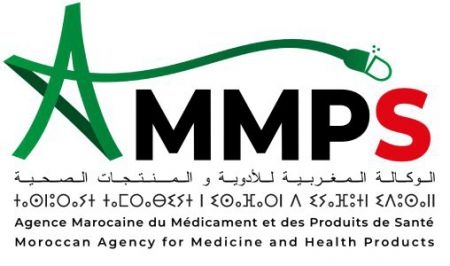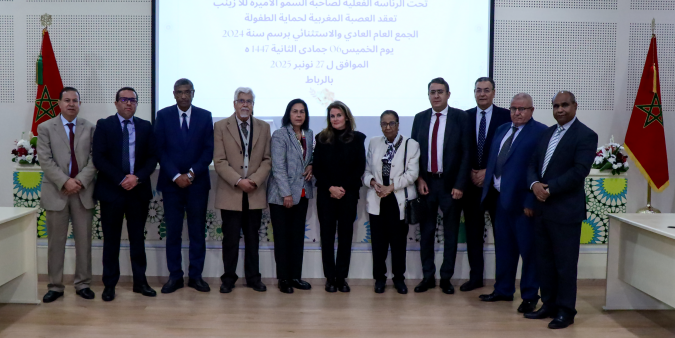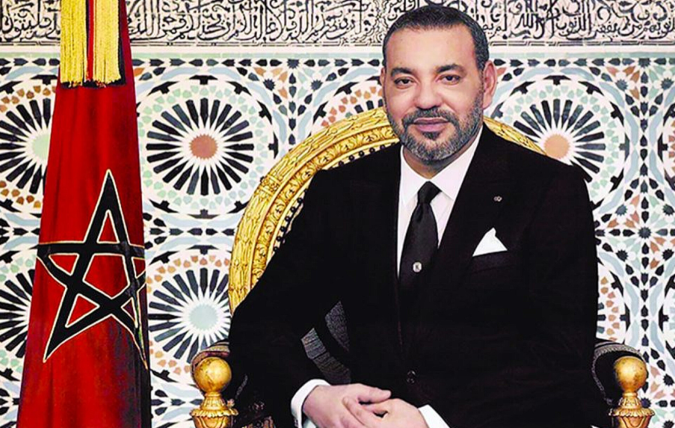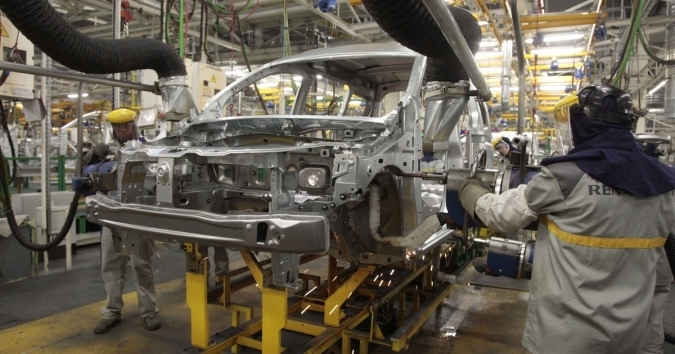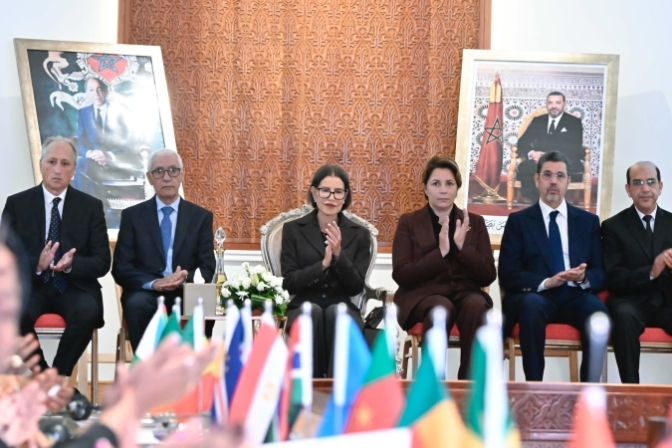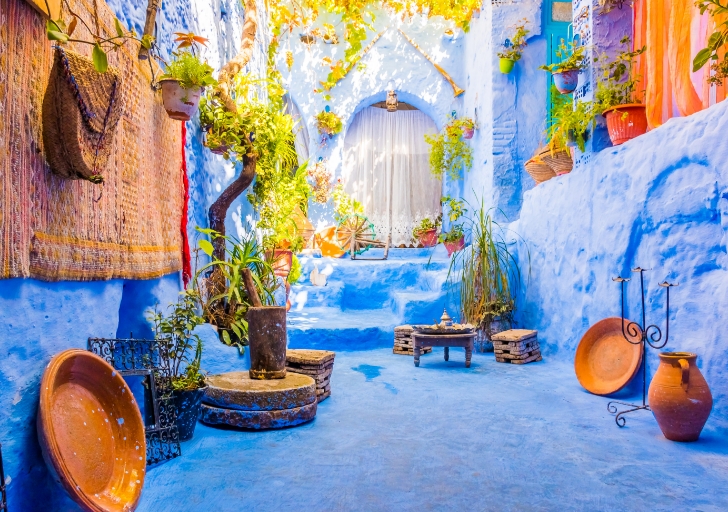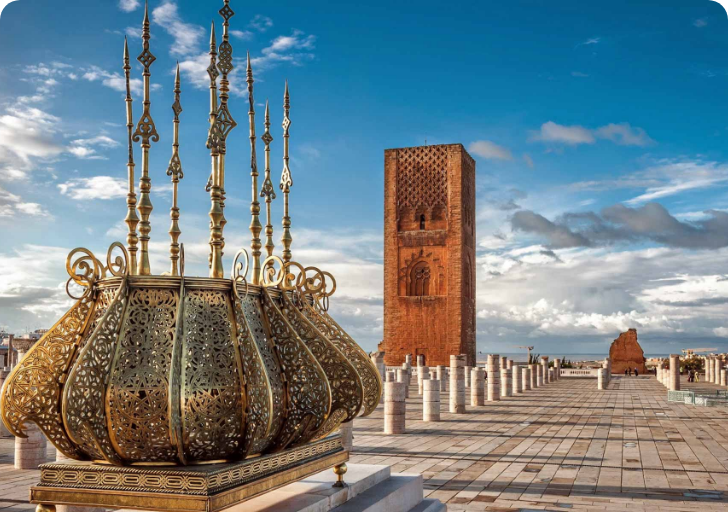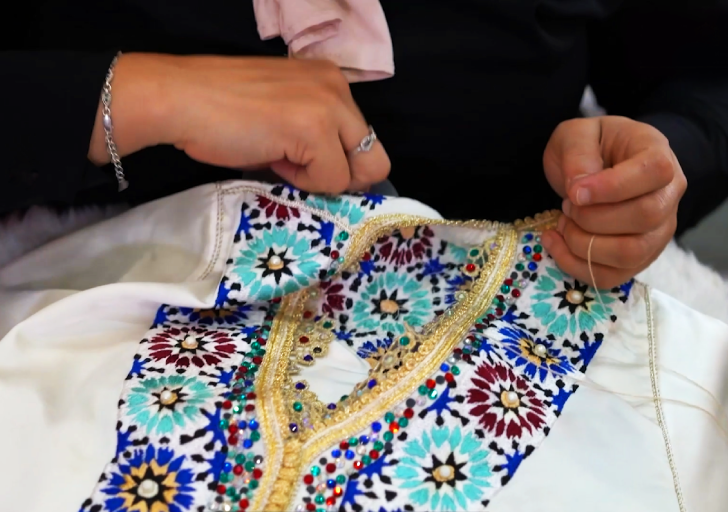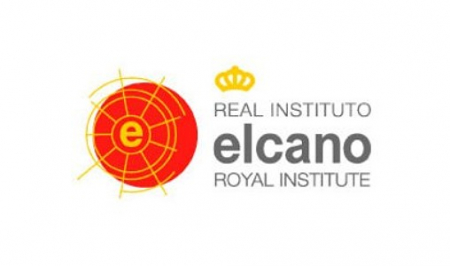
The joint hosting of the 2030 World Cup with Spain and Portugal will "propel" Morocco's economic growth and enshrine its diplomatic positioning, Spanish think-tank Real Instituto Elcano stresses.
In an analysis named "World Cup 2030: Grand entrance of Moroccan soft power", Antonio Navarro Amuedo, specialist in the Maghreb and the Middle East and a member of the think-tank, writes that the objective is clearly "to strengthen Morocco's international influence, by showcasing the image of a modern, tolerant and emerging country".
On the economic front, the author stresses that hosting the World Cup will stimulate the Kingdom's economic growth, through a vast program to modernize road, airport, rail and urban infrastructure.
Aware of the positive spin-offs that the World Cup could have on the country's development, Morocco has been fully committed to preparing for this global sporting event ever since the Kingdom presented a joint bid with Spain and Portugal, he recalls, noting that the Grand Stade of Casablanca embodies this "new brand of Morocco, an ambitious, forward-looking country".
According to the Real Instituto Elcano, sport, part of this soft power strategy, can be used as a vector of attraction and influence to make the 2030 World Cup the symbol of an emerging Morocco, just as the Barcelona Olympics were for Spain in 1992.
Highlighting the “successes achieved” by Moroccan diplomacy in recent years, the prestigious think tank states that co-hosting the 2030 World Cup is “the culmination of a renewed Moroccan foreign policy, marked by the diversification of alliances beyond the traditional European and American partners”.
This strategic repositioning is accompanied by Morocco's assertive return to the African stage, driven by two major priorities: the preservation of its territorial integrity and the quest for greater autonomy in the economic, security and defense fields, the think-tank adds.
MAP: 27 mai 2025
